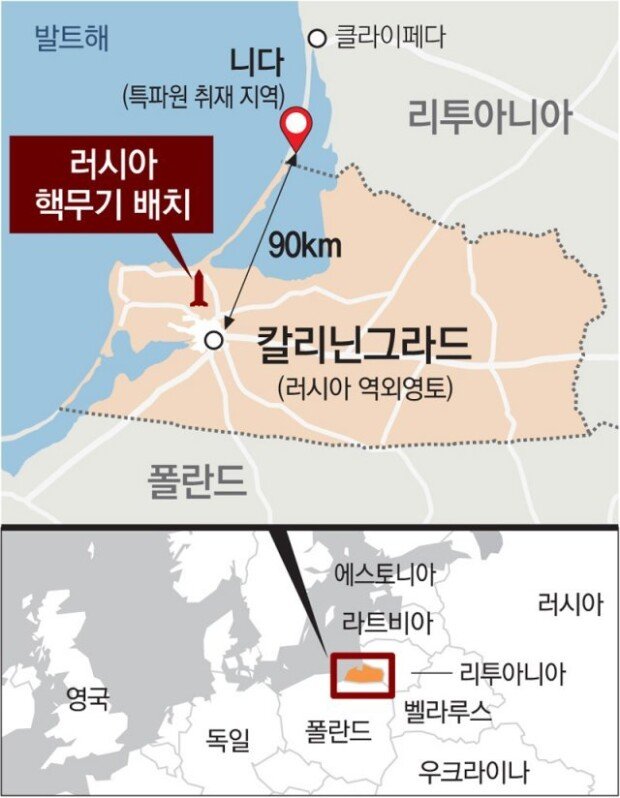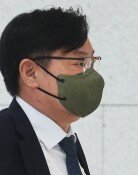Lithuania gripped by fear of potential nuclear war
Lithuania gripped by fear of potential nuclear war
Posted June. 29, 2022 07:53,
Updated June. 29, 2022 07:53

“The border has been shut down as the Baltic Sea has become the frontline of a new cold war,” said Roma, a journalist in Nida, on June 22 (local time). The Kremlin deployed nuclear weapons in Kaliningrad, which is merely 90 kilometers away from Nida. Russia issued a threat to make additional deployment of nuclear missiles on Tuesday, once NATO accessions of Sweden and Finland become reality through the NATO summit meeting in Madrid, which will run for two days on Wednesday.
A small city of some 2,000 residents, Nida was known for its beautiful shorelines stretched into the Baltic Sea and tourism. The stream of tourists, however, was instantly cut off, as the Kremlin began escalating the level of nuclear threats. On May 4, Russia launched a simulation of firing the Iskander ballistic missiles loaded with nuclear warheads in Kaliningrad. “Every summer, we used to have more than 100 visitors a day, but today it was less than five. Who would visit this place with an imminent nuclear war?” said the local owner of an electric scooter rental business. With the Russian nuclear threat becoming reality, the border checkpoint into Kaliningrad has been shut down as well.
Russia flexed its nuclear muscles on Monday, two days before the opening of the NATO summit. Russia struck a shopping mall with some 1,000 visitors in Kremenchuk, a central region of Ukraine, with a cruise missile launched from the Tu-22 M3 strategic long-range bombers, leaving at least 16 dead.
NATO Secretary General Jens Stoltenberg said on Monday his organization will increase the number of its high readiness forces to well over 300,00 from 40,000 in the eastern part of the Alliance and the Baltic region. This marks the advent of a new nuclear cold war where the outright nuclear threats by Russian President Vladimir Putin are lowering the threshold of nuclear war and spreading the fear of nuclear crisis while NATO is countering with arms buildup. The Financial Times called it “a historic shift from the post-cold war era when military spending was cut and troops pulled back.”
Youn-Jong Kim zozo@donga.com
Headline News
- Med professors announce intention to leave hospitals starting Thursday
- Bridge honoring Sgt. Moon Jae-sik unveiled in Pennsylvania
- Chief of Staff Chung tells presidential secretaries to stay away from politics
- US FTC bans noncompete agreements
- N. Korea launches cyberattacks on S. Korea's defense companies







